With Valentine’s Day around the corner, there’s no better time to focus on heart health. In fact, all of February is Heart Month! Heart disease is the leading cause of death in the United States – it’s time to take your heart health seriously. This article digs into over 14 extensive tips for heart health, perfect for any time of the year.
So what are some easy ways to support your heart? What types of food should you avoid? Which should you eat daily? Keep reading to learn more!
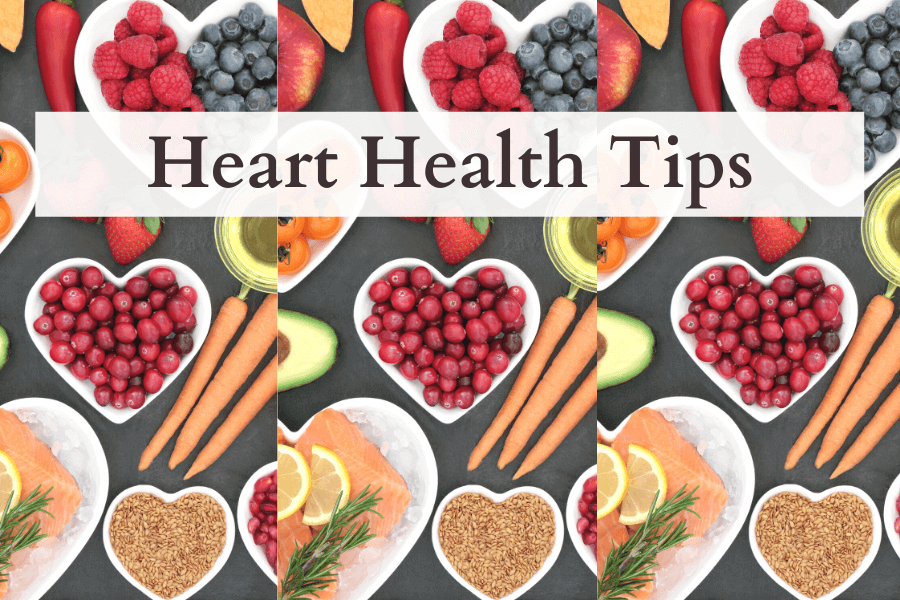
(Note: This article contains affiliate links, meaning In On Around will make a small commission at no additional cost to you. This helps me maintain the site. As always, I value full transparency & only work with brands I love and trust.)
What Are Three Main Risk Factors For Heart Disease?
There are 3 main risk factors for heart disease:
- High blood cholesterol
- High blood pressure (known as the “silent killer”)
- Smoking
If you have these 3 risk factors, it is absolutely essential that you take measures to protect your heart health. Even if you don’t have these risk factors, prevention is key! You don’t need to wait for illness to find wellness.
How Can You Best Support Heart Health?
1) Sleep!
Getting a minimum of 6 hours of sleep a night is essential for heart health. In fact, a 2019 study showed that those who slept less than 6 hours a night were twice as likely to have a heart attack or stroke. [1] If you’re looking for a cozy non-toxic mattress for a great night’s sleep, Avocado Mattress is the perfect place to start. Sweet dreams, it’s time to get some sleep!
To learn more about the best non-toxic mattresses, check out: The Most Organic, Safe, and Affordable Nontoxic Mattresses
2) Eat a plant-based diet.
Ditch the dairy, cheese, eggs, & meat – they’re packed with cholesterol & saturated fat which build up in your arteries. If you’re not interested in a fully plant-based diet (I’m a vegetarian and I absolutely love it), I encourage you to have at least 75% of your plate full of organic fruits & vegetables. Try implementing “Meatless Mondays” – it’s a great way to ease your way into eating less meat (plus it’s cheaper)! Before you know it, you won’t even miss eating meat.
To learn more about an anti-inflammatory diet, check out: How To Eat An Anti-Inflammatory Diet
3) Avoid trans fats.
Trans fats are unhealthy fats that lower our good cholesterol (HDL) and increase our bad cholesterol (LDL). Steer clear of anything including trans fats – it’s not needed! Make sure to check all packaged food nutrition labels. Our bodies don’t benefit from trans fats whatsoever. Instead, stick to healthy fats like organic avocado, extra virgin olive oil, nuts & chia seeds.
Check Out The In On Around Shop
4) Stop smoking and avoid secondhand smoke.
Yes, this includes marijuana! This is a no-brainer – if you haven’t quit already, it’s time to quit. Even if you don’t personally smoke, you’re still at risk when hanging out with those who do. Secondhand smoke can increase the risk of having a stroke and developing heart disease by 30%. Smoking is incredibly toxic for your body. Ditch it quick!
5) Exercise.
Exercise is one of the best forms of medicine and a great way to support heart health. Aim to get a minimum of 150 minutes of aerobic moderate-intensity exercise each week, with at least 2 days incorporating weight training. Definitely strive for more… that is the minimum. Try to squeeze in exercise throughout the day, even if that means taking the stairs at the office or going on a lunchtime walk around the block.
Here are some more great ways to get the heart pumping: dancing, HIIT (high-intensity interval training) with resistance bands, and weighted jump rope. Crossrope is my favorite brand.
6) Stand as much as possible.
Listen up, especially if you have a desk job! A 2015 study has shown that living a sedentary lifestyle, even if you exercise, can play a major toll on our heart health. [2] Throughout the day, get up and move around as much as you can. Set timers on your phone to remind yourself to stand & stretch at least every hour. If you have a standing or walking desk, great! If not, try stacking a stool or chair on your desk for a makeshift one – your heart will thank you in the long run!
7) Brush your teeth & floss.
Yes, you read that right! But how does your oral health impact your heart? Well, inflammation of the gums and mouth may lead to inflammation in arteries, thereby increasing your risk of heart issues. In fact, people with gum disease are 2-3 times more likely to have a stroke or heart attack. Don’t break my heart – brush your teeth.
8) Laugh!
Laughter increases your heart rate and can improve vascular function. After all, who doesn’t need a good laugh!?
9) Meditate & practice gratitude.
These are two simple ways to lower your blood pressure and thereby support your heart. If you consistently make this a practice in your life, you will start to see a difference in your mood and stress levels.
Read more about the importance of gratitude here: 7 Reasons To Show Gratitude On Thanksgiving (& Everyday)
10) Limit salt intake.
Excess sodium leads to high blood pressure. Unfortunately, most of the sodium we eat comes from packaged foods or restaurant/fast-food chains. Americans on average eat 3,400 mg of salt per day, which is well above the recommended 2,300 mg limit. In fact, the 2,300 recommendation is equivalent to one teaspoon of salt a day – try to limit your salt intake to that amount.
Read more about the best salt brands here: What Are The Healthiest Salt Brands? Minerals In Salt 101
11) Ditch the soda & sugary desserts.
Much like salt, the same could be said about added sugar! A 2014 study showed that the more sugar consumed, the higher the risk of dying from heart disease. [3] According to the American Heart Association, women should aim to consume less than 6 teaspoons of sugar/day and men less than 9 teaspoons/day. [4] Most cans of soda have over 9 teaspoons of sugar – yikes. Time to swap over to filtered water (with a reverse osmosis system) and add in some splashes of organic lemon & lime.
Learn more about soda alternatives here: 5 Healthier Alternatives For Soda
12) Understand your family’s health history.
It essential to understand your family history, since genetics definitely comes into play here! If heart disease or heart conditions are more common in your family, it is especially important to take precautions.
13) Limit alcohol consumption.
Alcohol raises your blood pressure and can contribute to a host of other health conditions. However, if you drink, do it in moderation and opt for organic wines. Many people resort to drinking because of stress, but there are much healthier ways to cope, such as with meditation & yoga. Therefore, if you’re resorting to the bottle every single day, it might be time to re-evaluate.
To learn more about alcohol, check out: What Is The Healthiest Alcoholic Drink? Alcohol On Gut Health
14) Drink multiple cups of green tea daily.
Green tea can help lower blood pressure and cholesterol. I have a great article on it!
Read more about green tea here: 15 Reasons Why You Should Be Drinking It Multiple Times A Day
Frequently Asked Questions
Click on the below FAQs to learn more!
What are the risk factors for heart disease?

The top three risk factors for heart disease are high blood pressure, high cholesterol, and smoking. If you have these 3 risk factors, it is absolutely essential that you take measures to protect your heart health. Even if you don’t have these risk factors, prevention is key! You don’t need to wait for illness to find wellness.
Does sugar lead to heart disease?

Yes, processed sugar can increase your risk for heart disease. A 2014 study showed that the more sugar consumed, the higher the risk of dying from heart disease. According to the American Heart Association, women should aim to consume less than 6 teaspoons of sugar/day and men less than 9 teaspoons/day
Does alcohol lead to heart disease?
What is the leading cause of death in the United States?
How will you celebrate Heart Month?
Heart health is essential for our wellbeing – make sure you incorporate some of these tips into your day-to-day life. Since February is Heart Month, now is the perfect time to start! Happy St. Valentine’s Day to you all ♡
Let me know your thoughts! You can watch our web story here.
xoxo,

Want to read more? Check out my other articles here!
Information from Harvard Health, PCRM, CDC, Cleveland Clinic, Healthline, FDA
Copyright In On Around LLC 2021 ©. The statements made on this website have not been evaluated by the FDA. (U.S. Food & Drug Administration). They are not intended to diagnose, treat, cure, or prevent any disease. The information provided by this website should not be used as individual medical advice and you should always consult your doctor for individual recommendations and treatment.






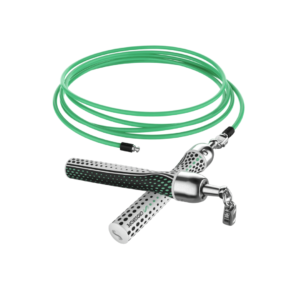

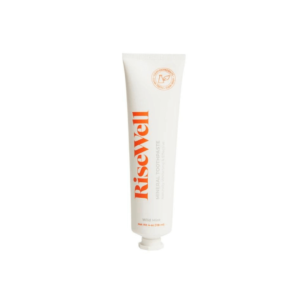

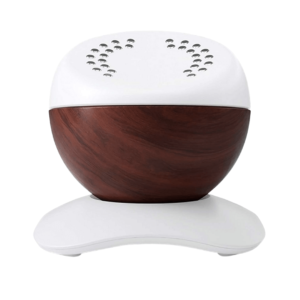



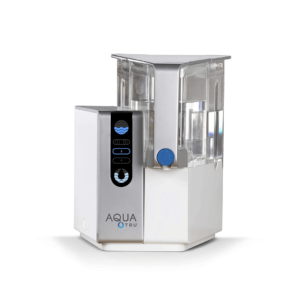

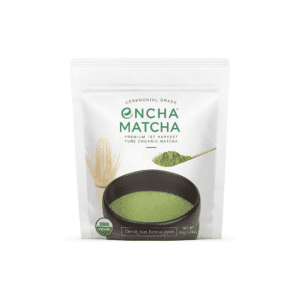
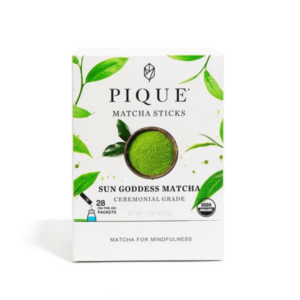


2 Responses